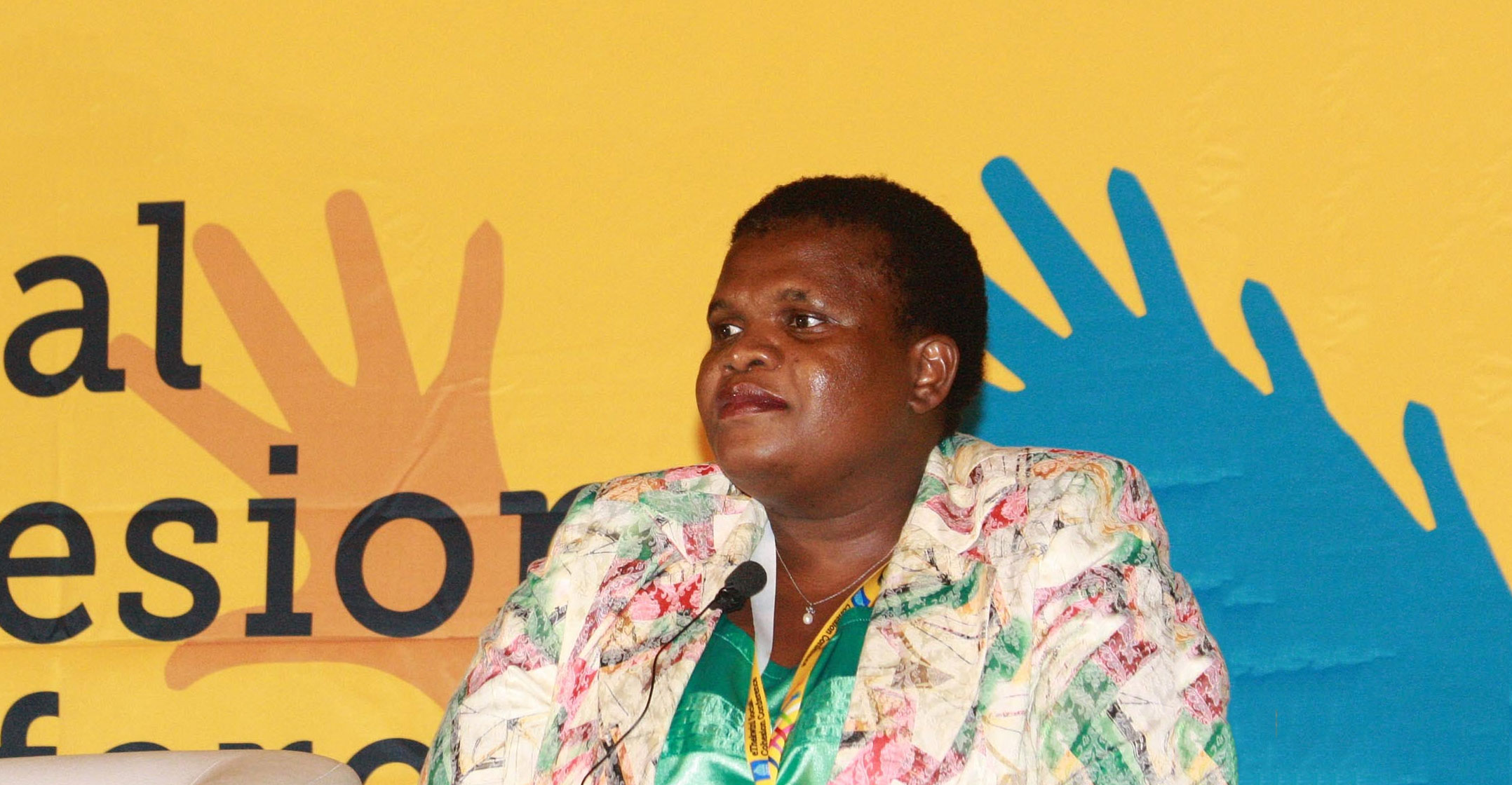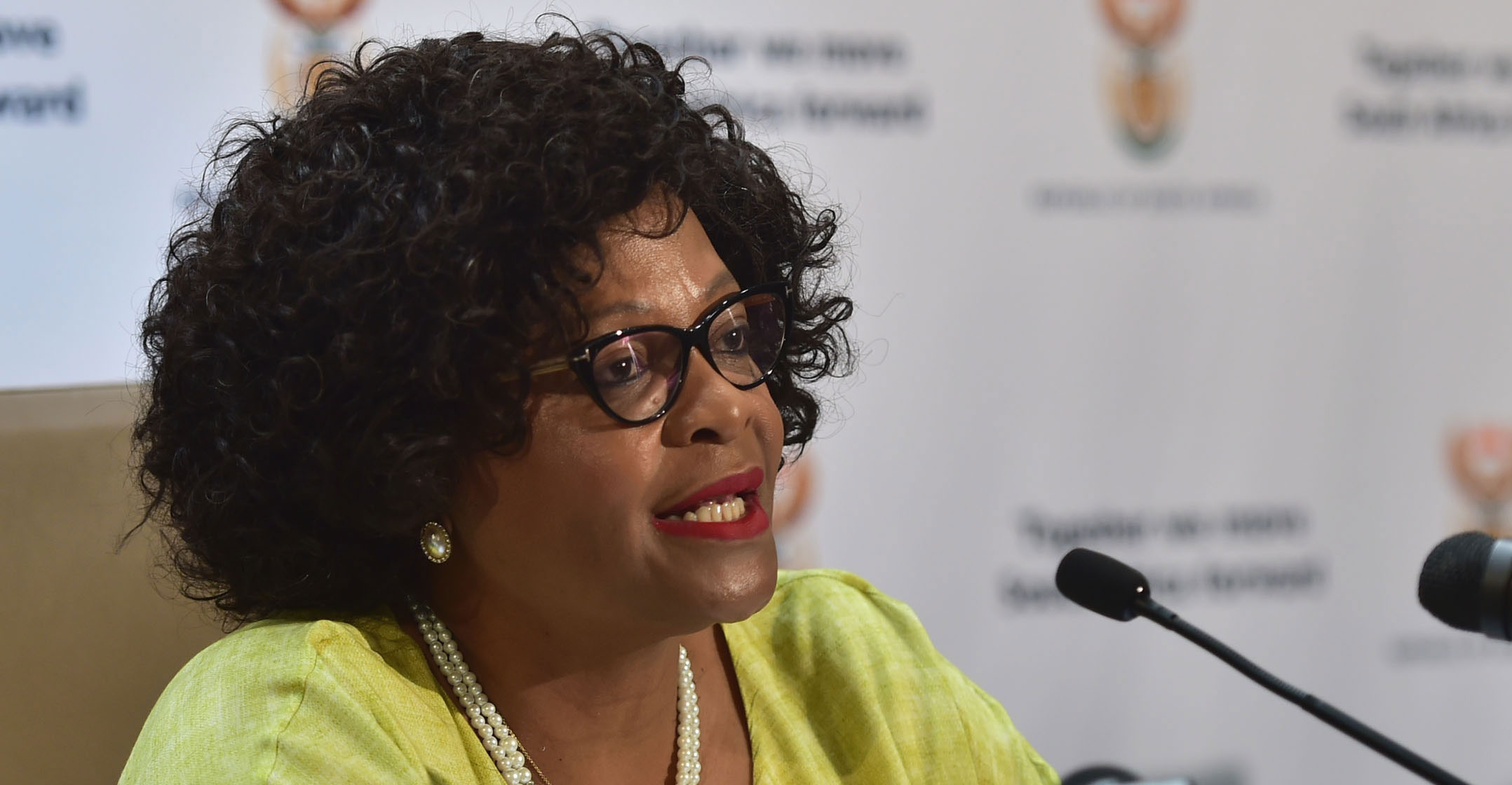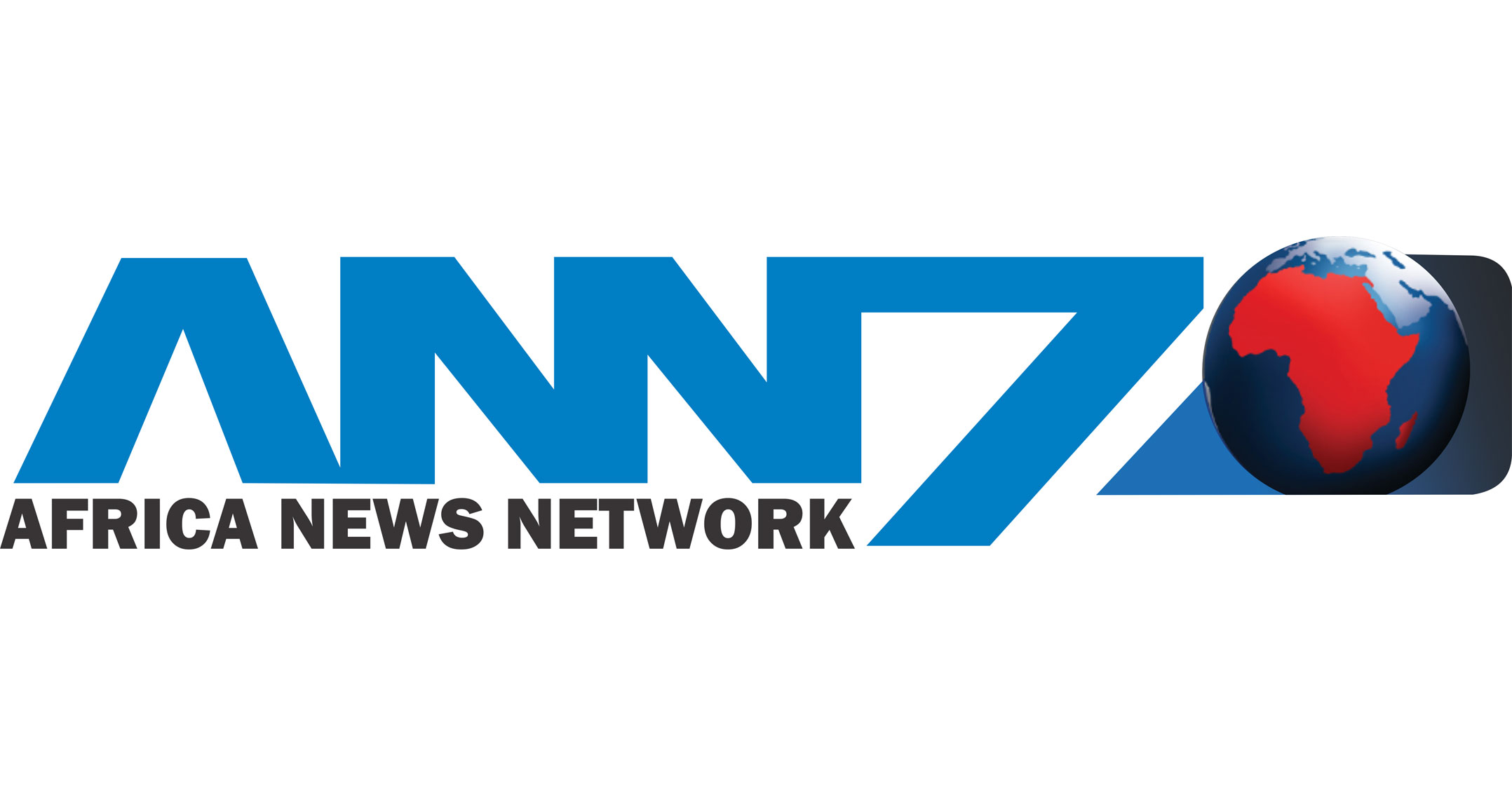
Last week, deputy chief justice Raymond Zondo said as chairman of the commission of inquiry into allegations of state capture, corruption and fraud that his hope is that once the commission has completed its work, the nation will understand the depth of state capture, how it occurred, who was involved and what needs to be done to ensure that South Africa never gets into that situation again.
Following our investigation into the facets of the Zupta conspiracy to control electronic broadcast news in the country, we have come to realise that the conspiracy around electronic broadcasting can be described as a conspiracy of dunces.
When negotiating the terms for MultiChoice to pay for and carry the SABC’s 24-hour news channel on the DStv platform, then MultiChoice South Africa CEO Imtiaz Patel insisted on adding a clause stating that the SABC would not support the encryption of set-top-boxes as a matter of public policy.
Evidence of a corrupt act was made visible once the minutes of the meeting attended by Patel and the SABC board were made public. There’s no doubt the state capture commission will be interested in hearing from Patel and the SABC board why an encryption clause featured in an agreement on TV channels.
The Zupta scheme appears to have involved a policy amendment on encryption in exchange for payment for the SABC 24-hour news channel and ANN7 news coverage on the DStv platform. If this is the case, then MultiChoice won its policy victory on encryption because of a corrupt act. In 2015, the former communications minister, Faith Muthambi, introduced a policy amendment prohibiting the encryption capacity of set-top-boxes.
The current status of the digital TV migration process is of concern. The ANC insisted at its Nasrec congress that the digital migration process must be completed by mid-2019. Why should this process continue if it benefits MultiChoice and its apparently corrupt act?
President Cyril Ramaphosa has made a point of saying that corruption cannot be tolerated. If the new communications minister, Nomvula Mokonyane, does not rescind Muthambi’s policy amendment on encryption, she can be accused of aiding and abetting a corrupt act, and by extension so can the broader Ramaphosa government.
‘Digital apartheid’
Zondo said that while the commission has no power to order the reversal of policy, it can recommend that policy be reversed if it is evident that policy changes are the result of corrupt collaboration between public and corporate actors. Since the encryption policy introduced by Muthambi and her allies has essentially relegated the SABC to what one commentator has referred to as “digital apartheid”, we anticipate that this is one policy that will be reversed as a result of recommendations of the commission.
Of course, there are others.
After the contentious minutes of the SABC board were made public, the Democratic Alliance requested that communications regulator Icasa investigate the TV channel agreements between the SABC, MultiChoice and ANN7. However, Icasa is itself compromised by Zupta capture.
In 2015, the regulator issued an invitation to apply for new television licences on a third digital multiplex as part of the digital migration process. Infinity Media Network, the owners of ANN7, made a late submission to the licensing process. Icasa’s rules on lateness are very strict: a late submission leads to automatic disqualification and historically there has been no leeway on this. However, in this case, the Icasa council condoned the late submission by the Guptas.

In the end, no new TV licences were awarded and Icasa’s licensing process is now subject to judicial review. The question that arises is whether Icasa can investigate the agreements between the SABC, MultiChoice and ANN7 with any degree of credibility and impartiality. The state capture commission is the only entity which can investigate state capture without fear or favour.
Similar questions can be asked of the various parliamentary investigations of state capture currently under way. Are they not also compromised by the presence of ANC MPs who until recently were banging the Zupta drum?
Let’s examine another instance where corruption may have clouded a policy process. The department of telecommunications & postal services ran a consultative policy process to develop a new integrated ICT policy. An ICT Review Panel consisting of representatives of industry, state-owned enterprises and civil society was established to support this process. It appears that at the last minute, after the panel had made its recommendations, the policy was changed to include a wireless open access network that would control all spectrum needed for mobile broadband. A member of the panel was Ajay Gupta. Was he hoping to benefit by manoeuvring to control all broadband spectrum assets in the country? Or was there perhaps some other tycoon waiting in the wings to swoop down on this goldmine? This is another area where the state capture commission needs to turn its spotlight.
In January 2018, MultiChoice cleared itself of any wrongdoing regarding state capture, declaring that it would not renew ANN7’s agreement to broadcast on the DStv platform when it expired later this year. Simultaneously, MultiChoice announced that it would support a new black-owned group to establish a TV news channel for the DStv platform. How could this manoeuvre be viewed as anything but unbridled opportunism to appease a new president?
Why the rush to establish a new channel when the broadcaster has not yet been held to account for its previous venture into propaganda? Why a black channel as opposed to a women’s channel or a working-class channel or a youth channel or some other intersectional combination? Is this what we need right now?
Then there is the part played by the Government Information and Communication System and its role in directing state advertising towards The New Age newspaper as a form of “state subsidy” for the Guptas.
During the heyday of Zupta power, a British PR company, Bell Pottinger, was hired to bombard South African citizens with propaganda over social media — Facebook and Twitter in particular. The problem was not “state capture”, citizens were told; it was “white monopoly capital” and the solution was “radical economic transformation”.
Using techniques like those the Russians used to destabilise the US election of 2016, Bell Pottinger and its Zupta employers ran amok on social media. They skilfully played off popular discontent with the economic situation and unemployment in the country to fashion a toxic populist set of positions, fanning racial tension.
Propaganda
These positions penetrated the ANC and found their way into policy positions at the Nasrec conference — in particular the demand for the expropriation of land without compensation. The ANC — not surprisingly — supported an Economic Freedom Fighters motion on expropriation without compensation.
If we are not to become routinely subjected to racially charged propaganda on social media, the state capture commission must also explore the role of Bell Pottinger and the Zuptas in developing their social media strategy.
It isn’t difficult to imagine the kind propaganda messages that individual citizens and the public sphere in South Africa could be subjected to if the Russians take umbrage when the Ramaphosa government cancels the nuclear power agreement. Do we really understand the dangers of cyberwar conducted over Facebook, Google and Twitter?

The point about raising these multidimensional ways in which corruption has insinuated itself into national life is to bring to consciousness the way in which a brazen attempt to capture broadcast news undermined and degraded public policy in broadcasting and telecoms. As we have said, the regulator, Icasa, is not exempt.
Zondo and his team of investigators need to unearth the complexities of corrupt practices by the SABC, MultiChoice, e.tv, ANN7, Naspers, the ministry of communications, the ministry of telecoms & postal services, parliament, Icasa, Bell Pottinger, Facebook, Google, Twitter and the presidency.
This is a sorry roll call in just one socioeconomic sector of our country, but unless due diligence is paid by the commission to expose the tentacles of corruption that have diminished these institutions, we won’t know what happened under our noses and we won’t be able to exercise our rights as citizens.
And if government doesn’t take corrective measures to counteract the consequences of these corrupt acts, it will be condoning the theft of our country by a conspiracy of dunces.
Historian Timothy Snyder has warned that citizens must protect institutions from tyranny. He reminds us to defend institutions. It is institutions that help us preserve decency. Institutions don’t protect themselves, he cautions, and we can’t speak of “our institutions” unless we make them ours and act on their behalf.
- Willie Currie is a former councillor of Icasa and Melody Emmett is a freelance writer and copy editor

